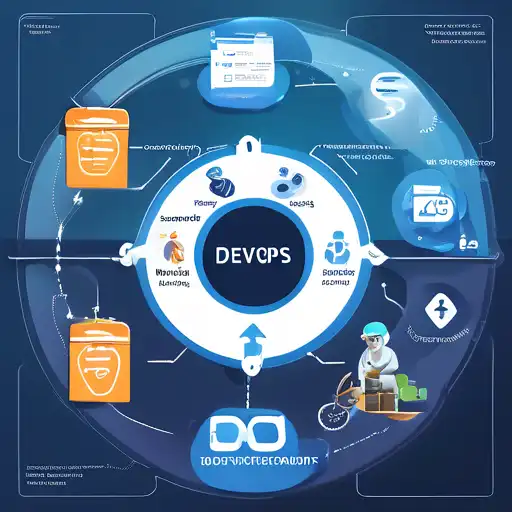Introduction to DevOps in Software Development
DevOps has revolutionized the way software is developed, deployed, and maintained. By bridging the gap between development and operations teams, DevOps practices ensure a smoother, faster, and more efficient software development lifecycle (SDLC). This article explores the pivotal role of DevOps in enhancing the SDLC, focusing on its benefits, key practices, and how it fosters collaboration and innovation.
The Benefits of DevOps in the SDLC
DevOps brings numerous advantages to the software development process, including improved collaboration, faster deployment times, and higher quality products. By integrating continuous integration and continuous deployment (CI/CD) pipelines, teams can automate the testing and deployment processes, significantly reducing manual errors and accelerating time to market.
Key DevOps Practices for Optimizing the SDLC
Several core practices underpin the success of DevOps in improving the SDLC:
- Continuous Integration and Continuous Deployment (CI/CD): Automates the integration of code changes and their deployment to production, ensuring that software can be released at any time.
- Infrastructure as Code (IaC): Allows teams to manage infrastructure through code, improving consistency and reducing setup times.
- Monitoring and Logging: Provides real-time insights into application performance and issues, enabling quick resolutions.
- Microservices Architecture: Encourages the development of small, independent services that can be updated and scaled individually.
How DevOps Fosters Collaboration and Innovation
DevOps culture emphasizes teamwork, communication, and shared responsibilities between developers and operations staff. This collaborative environment not only speeds up the development process but also encourages innovation by allowing teams to experiment and iterate quickly. Tools like Docker and Kubernetes further support this by enabling containerization and orchestration, making applications more portable and scalable.
Implementing DevOps: A Step Towards Agile Development
Adopting DevOps practices is a natural progression for teams looking to embrace agile methodologies fully. By automating repetitive tasks and fostering a culture of continuous improvement, DevOps enables organizations to respond more swiftly to market changes and customer needs. For more insights into agile development, check out our article on Agile Methodology Explained.
Conclusion
DevOps is not just a set of practices but a culture that transforms the software development lifecycle. By promoting automation, collaboration, and continuous feedback, DevOps helps organizations deliver high-quality software faster and more efficiently. As the digital landscape evolves, embracing DevOps will be crucial for staying competitive and meeting the ever-changing demands of users.
